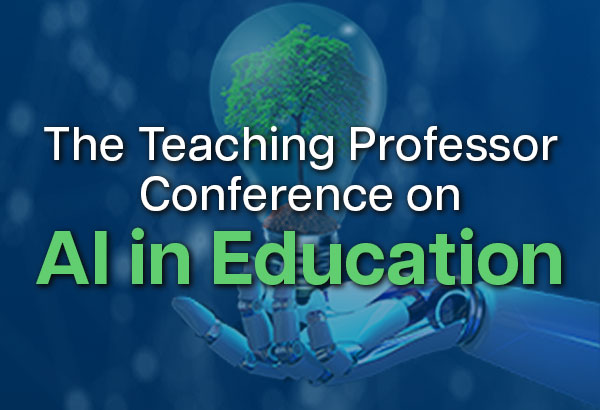Remedial Coursework: Predicting Student Success
Many students come to college without the knowledge and skills needed to successfully complete college coursework. But does taking remedial courses in math and English (where the bulk of the courses are offered) make a difference? Do those courses develop the knowledge and skills students need to successfully complete regular college courses?





